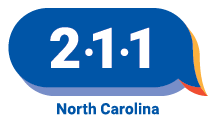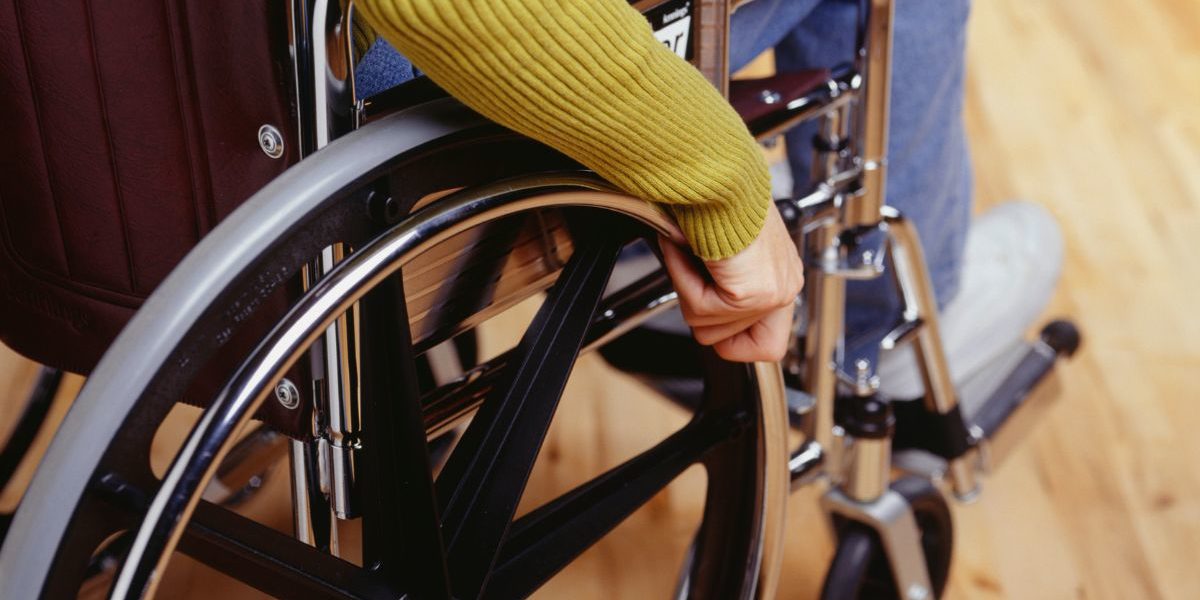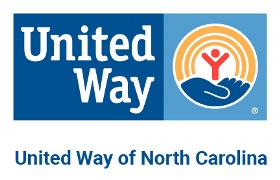All people should be able to live in accessible, affordable housing. North Carolina has resources that help people with disabilities obtain housing.
How can I find housing?
There are many search tools, nonprofit organizations, and government programs that can help you find housing in North Carolina.
NC Housing SearchNC Housing Search helps people locate accessible, affordable units throughout the state. This service can be accessed online 24 hours a day and through a toll‐free, bilingual call center, Monday ‐ Friday, 9:00 a.m. ‐ 8:00 p.m. EDT at 1‐877‐428‐8844. NCHousingSearch.org also has helpful tools for renters such as an affordability calculator, rental checklist, and information on renter rights and responsibilities.
The NC Housing Finance Agency offers several programs to provide access to affordable apartments and rent assistance for people with disabilities. See available programs below. Call 919-877-5700 or visit the NCHFA website for more information.
- The Targeting Program provides access to affordable housing for people with disabilities and/or experiencing homelessness with very low incomes.
- Key Rental Assistance is only available in properties taking part in the Targeting Program. Key rental assistance makes the Targeted apartments truly affordable to people who are disabled and/or are experiencing homelessness with extremely low incomes and can help pay for security deposits and certain costs incurred by property owners.
- The Transitions to Community Living Voucher (TCLV) provides rent assistance to people with behavioral health disabilities either be diverted from, or transition out of restrictive settings, so that they can live in the community of their choice. TCLV not only gives rent assistance, but can also help pay for security deposits and certain costs incurred by property owners.
The Independent Living Rehabilitation Program (IL) helps consumers live a more independent life. IL gives an alternative to living in a nursing home or other facility for eligible individuals. Services can include counseling, home and vehicle modifications, independent living skills training, help buying equipment, and more.
The Arc of NC helps people with intellectual and developmental disabilities (I/DD) and their families locate housing that meets their needs. There are three housing coordinators across the state. The Arc also keeps a list of vacant, accessible housing units.
Centers for Independent Living (CIL) assist people with disabilities to live independently and become productive, full participants in society. The entire staff and board, most of whom have disabilities, support people with disabilities in their efforts. Services include: advocacy, peer support, independent living skills training, and more.
The Community Alternatives Program (CAP), allows Medicaid-eligible people to stay in their homes and receive care rather than enter a skilled nursing facility. There is usually a wait list for the CAP program.
- The Housing Choice Voucher Program (formerly known as Section 8) is a program from the Department of Housing and Urban Development (HUD). It helps families with a low income, seniors, and people with disabilities pay for rental housing.
- Public housing is state-owned, affordable rental houses or apartments. It’s intended for families with low incomes, seniors, and people with disabilities. Found nationwide, public housing comes in all sizes and types, from single-family houses to high-rise apartments.
Are there any other programs that can help me with housing expenses?
The Weatherization Assistance ProgramThe Weatherization Assistance Program helps low-income North Carolinians save energy, reduce their utility bills, and stay safe in their homes. It keeps residents warm in the winter, cool in the summer, and safe all year long while educating the public about energy efficiency and household safety. Services are provided through local agencies.
The NC Housing Finance Agency (NCHFA) has two programs for home repair.
- The Urgent Repair Program finances emergency home repairs for homeowners who have special needs and whose incomes are below 50% of the median for their area. Emergency repairs correct housing conditions that threaten your life or safety, such as failing septic systems, dangerous heating systems, or rotten floors. The program can also pay for accessibility modifications that allow you to stay in your home after an injury or serious illness.
- The Single-Family Rehabilitation program finances major repairs for homeowners who have disabilities and whose incomes are below 80% of the median for their area.
Are there any legal protections for disabled persons?
The Fair Housing Act (FHA) prohibits discrimination against disabled persons buying or bidding on homes. Under FHA, multifamily residences built after 1991 must satisfy specific standards of accessibility, such as: accessible entrance, doorways wide enough to accommodate wheelchairs, easily reachable light switches, outlets, and thermostats, etc. If you feel your fair housing rights have been violated, contact the NC Fair Housing Project by phone at 1-855-797-3247 or email at info@fairhousingnc.org.
If you believe you have been discriminated against due to your disability, contact Disability Rights NC at 1-877-235-4210. The Department of Housing and Urban Development also has a website where you can learn about housing discrimination and file complaints.
Is there any housing assistance for people with AIDS?
The Housing Opportunities Program for Persons with AIDS (HOPWA) provides housing assistance and supportive services for low-income persons with HIV/AIDS and their families by subsidizing a portion of the household’s monthly rent. Assisted households are responsible for paying approximately 30% of their adjusted monthly income for rent and utilities. The program pays the balance of the rent to the landlord.
Eligible applicants must:
- be referred to the program by a participating HIV/AIDS service provider agency
- have a medical professional verify HIV/AIDS status
- be receiving HIV/AIDS case management
- meet current Housing Opportunities Program income guidelines
- live within the metropolitan statistical area to which they are applying
Contact your local housing authority.
Need more information?
If you didn’t find what you need on this page or need more information on local resources, dial 2-1-1 or 888-892-1162. Our call specialists are available 24 hours a day, 7 days a week.
Last updated 1/6/2023


